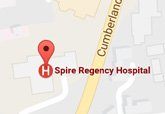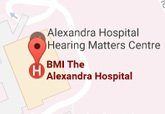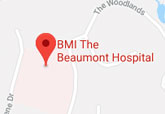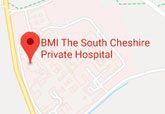Spinal Fracture
Symptoms
Many people mistake spinal fractures for backaches, which they assume are just part of getting older. The primary symptom of compression fractures is back pain that is made worse by movement. When the spinal cord is involved, numbness, tingling, weakness, bowels/bladder dysfunction or even paralysis may occur.
Description
Spinal fractures can happen from something as dramatic as a a fall or motor vehicle accident, or, in people with osteoporosis (loss of bone quality), from a simple movement like coughing or reaching overhead. Osteoporosis makes the vertebrae vulnerable to compression fractures.
Treatments for Spinal Fracture
Treatment goals include protecting nerve function and restoring alignment and strength of the spine. Treatment options are based upon the type of fracture and other factors. Non-surgical treatment options include wearing a brace for sitting and standing activities for 6 to 12 weeks. Patients should walk and do other exercises while healing and may take medications for pain. Depending on the symptoms and the type of fracture, surgery may be an option. For some fractures, metal screws and rods or plates may be used to realign the spine. For osteoporotic fractures, vertebroplasty or kyphoplasty may be performed. These are minimally invasive procedures in which a bone cement is injected into the fractured vertebrae.




